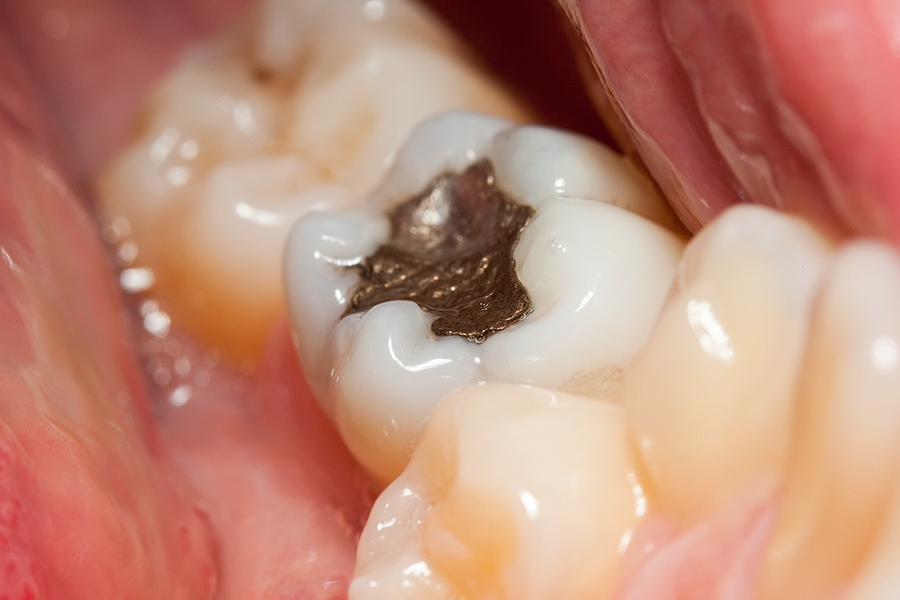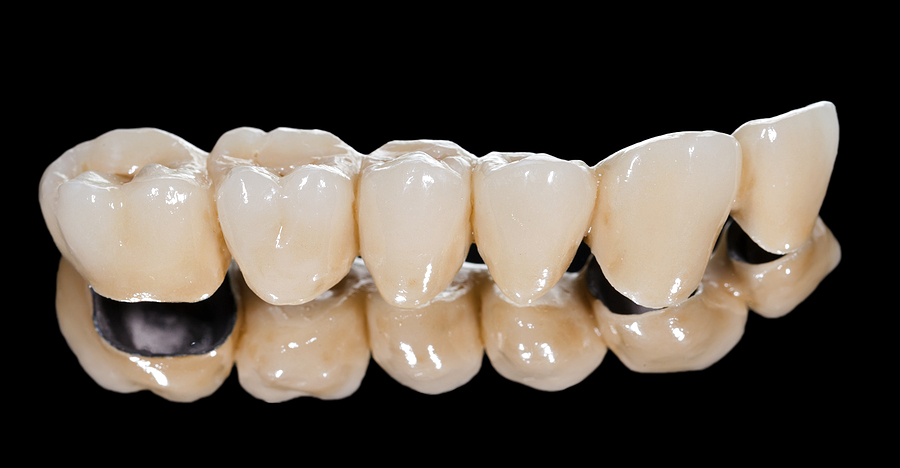Is that nagging toothache making you wince every time you take a bite? Or perhaps your tooth sensitivity has reached an all-time high, causing discomfort even with a sip of cold water. If these scenarios sound familiar, it might be time to consider the possibility of needing a root canal. Don't worry; we're here to guide you through the signs that may indicate this common dental procedure is in your future. Let's delve into the world of root canals and uncover the truth behind when they are truly necessary.
What is a Root Canal?
Root canal therapy, often simply referred to as a root canal, is a dental procedure designed to save and repair a severely damaged or infected tooth. The inside of your tooth contains pulp, which can become inflamed or infected for various reasons, such as deep decay, repeated dental procedures on the same tooth, or a crack in the tooth.
During a root canal treatment, the dentist, Fort Collins, CO, removes the affected pulp along with any bacteria present. After cleaning and disinfecting the area inside the tooth thoroughly, they fill and seal it to prevent further infection. This process helps alleviate pain and saves your natural tooth from extraction.
Contrary to popular belief that root canals are painful, advancements in technology have made this procedure relatively comfortable for patients. With proper anesthesia and sedation options available, you can undergo a root canal with minimal discomfort while preserving your natural smile's health and integrity.
Causes of Tooth Damage
Our teeth go through a lot each day, from chewing food to enduring temperature changes. Despite their durability, various factors can lead to tooth damage over time.
- One common cause of tooth damage is poor oral hygiene. Neglecting regular brushing and flossing can allow plaque to build up, leading to decay and eventual infection in the tooth's pulp.
- Another culprit is sugary and acidic foods and drinks. These substances can wear down enamel, leaving teeth vulnerable to cavities and erosion.
- Accidents or injuries are also significant contributors to tooth damage. A sudden impact or trauma can fracture a tooth or dislodge it completely, necessitating immediate dental attention.
- Additionally, bruxism (teeth grinding) can gradually wear down enamel and even lead to cracks in the teeth over time if left untreated.
Untreated cavities that have penetrated deep into the tooth can reach the nerve tissue, causing pain and potential infection – often requiring a root canal procedure for treatment. Call us to learn more.
Symptoms That Indicate the Need for a Root Canal
Do you find yourself wincing in pain when biting or chewing? Perhaps you've noticed persistent sensitivity to hot or cold temperatures lingering long after the stimulus is removed. These could be signs that your tooth pulp is inflamed or infected, indicating a potential need for a root canal.
Another common symptom to watch out for is sudden and intense throbbing pain in a specific tooth, often accompanied by swelling around the affected area. Additionally, if you notice darkening or discoloration of a tooth, it may indicate damage to the inner tissues requiring intervention.
Pay attention to any recurrent pimples on the gums near a specific tooth as well. This could be a sign of an abscess forming due to bacterial infection within the tooth.
Ignoring these symptoms can lead to worsening pain and the potential spread of infection throughout your mouth. If you experience any of these warning signs, seeking professional care promptly can help alleviate discomfort and preserve your oral health.
The Procedure and Recovery Process
Once your dentist determines that a root canal is necessary, they will schedule the procedure for you. Before starting, they will numb the area to ensure you are comfortable throughout the process.
During the procedure, the dentist in Fort Collins, CO will remove the infected pulp from inside your tooth and clean out any bacteria or debris. Once cleaned, they will fill and seal the tooth to prevent further infection.
After completing the root canal, you may experience some tenderness or mild discomfort as your mouth heals. This is normal and can usually be managed with over-the-counter pain medication.
It's essential to follow any post-procedure care instructions provided by your dentist carefully to promote proper healing. You may need to avoid chewing on that side of your mouth for a few days and maintain good oral hygiene practices.
Remember that everyone's recovery process is unique, so don't hesitate to reach out to your dentist, Fort Collins, CO if you have any concerns or questions during this time.
Importance of Seeking Professional Care
When it comes to your oral health, seeking professional care is paramount. Dentists specializing in root canal therapy in Fort Collins, CO, have the expertise and tools necessary to accurately diagnose and treat issues with your teeth.
Attempting to self-diagnose or treat tooth problems can lead to further complications down the road. Professional dentists can conduct thorough examinations and determine whether a root canal is truly needed.
Root canals are intricate procedures that require precision and skill. Only trained professionals should perform these treatments to ensure optimal results for patients. Additionally, dentists use advanced techniques such as digital imaging to identify underlying issues that may not be visible to the naked eye. This level of detail is crucial in providing effective treatment for damaged teeth.
By entrusting your dental care to experienced professionals, you can safeguard your oral health and prevent unnecessary pain or complications from arising. Remember, when it comes to root canal therapy, professional care makes all the difference.
Alternatives to a Root Canal
When faced with the possibility of needing a root canal, exploring alternative treatment options can be beneficial.
- One option to consider is pulp capping, where a medicated material is placed over the exposed pulp to help it heal and prevent infection. This procedure is typically done when the damage to the tooth is minimal.
- Another alternative is dental crowns, which can be used to cover and protect a damaged tooth instead of opting for a root canal. Crowns are custom-made to fit over the affected tooth, providing strength and protection while preserving its natural appearance.
- In some cases, antibiotics may be prescribed to combat infection and alleviate pain without requiring a root canal. However, this approach may only provide temporary relief and not address the underlying issue causing the discomfort.
It's essential to consult with your dentist to determine the best course of action based on your individual needs and oral health condition before deciding on an alternative treatment plan.
Conclusion
Recognizing the signs that you may need a root canal is crucial for maintaining your oral health. If you are experiencing persistent tooth pain, sensitivity to hot or cold temperatures, swelling of the gums, or any other concerning symptoms, it's essential to seek professional care promptly.
Root canal therapy in Fort Collins, CO, can save your natural tooth and alleviate discomfort caused by infected or damaged pulp. Remember that early intervention can prevent further complications and help restore your smile to its full potential. Don't hesitate to consult with a qualified dentist if you suspect that you may benefit from a root canal procedure. Your dental health is worth investing in for a brighter and healthier future.
If you're looking for top-quality dental care in Fort Collins, CO, consider visiting our experienced team at Boardwalk Dental. We're here to help keep your smile bright and your gums healthy! Call us at (970) 407-8080 or visit our dental office at 140 Boardwalk Dr., Fort Collins, CO 80525, to learn more.
Office Hours
MON8:00 am - 5:00 pm
TUE8:00 am - 5:00 pm
WED8:00 am - 5:00 pm
THU8:00 am - 5:00 pm
FRI8:00 am - 1:00 pm
SATClosed
SUNClosed









